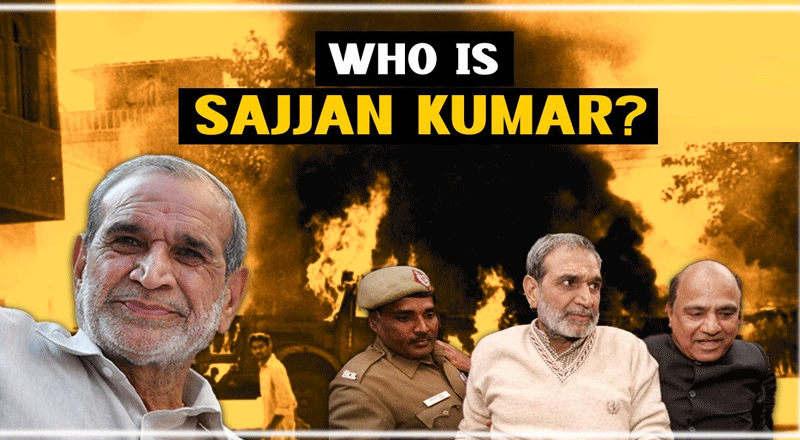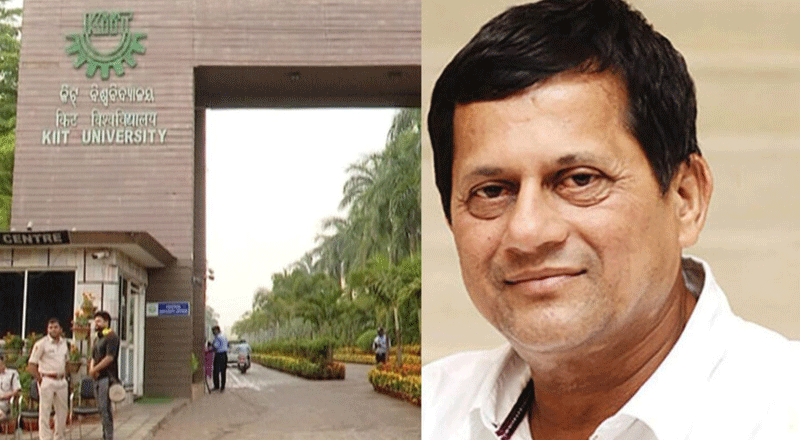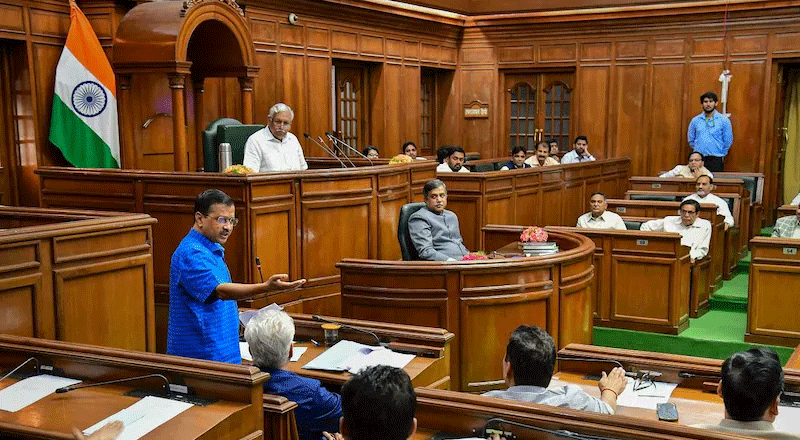Speaking about trade and connectivity, President Kovind said that connectivity forms an important pillar of India-Bangladesh relations.
President Ram Nath Kovind on Wednesday assured the top leadership that Bangladesh has a “special place” in India’s ‘Neighbourhood First’ policy and underlined that the bilateral relationship based on sovereignty, equality, trust and understanding is mature enough to handle the “most complex of problems”.
President Kovind, who arrived in Dhaka on December 16 on his maiden State Visit at the invitation of his counterpart M Abdul Hamid to attend the golden jubilee celebrations of Bangladesh’s independence from Pakistan in 1971, held delegation-level talks with him which was followed by a banquet.
“President Kovind rashtrapatibhvn welcomed by Bangladesh President HE Md. Abdul Hamid for their bilateral meeting at Bangabhaban. Further expanding bilateral ties based on sovereignty, equality, trust and understanding that transcend even a strategic partnership,ö Ministry of External Affairs (MEA) spokesperson Arindam Bagchi tweeted.
During his meeting with Hamid, President Kovind “reiterated that Bangladesh has a special place in India’s æneighbourhood first’ policy” and said that India’s development partnership with Bangladesh is one of the most comprehensive and wide-ranging ones, according to a statement issued by the Indian President’s office.
“At the same time, our relationship is mature enough to handle the most complex of problems,” he said.
Speaking about trade and connectivity, President Kovind said that connectivity forms an important pillar of India-Bangladesh relations. “The two countries have much to gain from their geographical proximity,” he said.
Noting that Bangladesh is one of India’s largest trade partners, he said that New Delhi looks forward to a more organised and seamless trade between the two countries. He noted that there is a lot of scope in partnering in areas like space, nuclear technology, defence, pharmaceuticals and other advanced science and technology fields. He said that a formal Comprehensive Economic Partnership Agreement’ would give a significant boost to two-way trade.
After the delegation-level talks, President Hamid hosted a banquet in his Indian counterpart’s honour at Bangabhaban Presidential Palace. Earlier, Prime Minister Sheikh Hasina called on President Kovind and the two leaders discussed several issues of mutual interest and bilateral cooperation.
Both sides reviewed the progress in the multifaceted and comprehensive bilateral ties. The two leaders also recalled the spirit of the 1971 Liberation War and expressed satisfaction at the joint celebration of Maitri Diwas on December 6, Bagchi said.Foreign Minister Dr AK Abdul Momen separately called on President Kovind and “apprised him of the excellent progress in bilateral cooperation and of future joint projects, including in the area of connectivity,” he said.
Briefing the media later in the evening, Foreign Secretary Harsh Vardhan Shringla said President Kovind’s discussion with Prime Minister Hasina was comprehensive encompassing many areas of our multifaceted relationship, including jointly preserving the legacy of Bangabandhu and 1971 war.
“We are aspirational nations. Today, we have achieved an incredible amount of synergies in terms of connectivity, joint manufacturing and cooperation. We have set the stage for an exponential increase in ties,” he said.
Shringla said that the Indo-Bangla Friendship Pipeline is progressing very well and owe would be in a position to inaugurate it next year.
Responding to questions on situation of minorities in Bangladesh and the border issue, Shringla said the discussions between the two sides encompassed all issues of importance to both countries.
“Obviously those discussions did include issues that are important to both countries and it included questions that are topical and needless to say, I think, we are on the same page on these issues,” he said.
“We do appreciate that certain issues are internal matters for Bangladesh. But they are important for both countries. We are handling these issues and in many senses, very satisfactory. And we do believe that whatever actions are being taken as a goal is in the best interests of Bangladesh, in the best interest of our countries,” he added.





